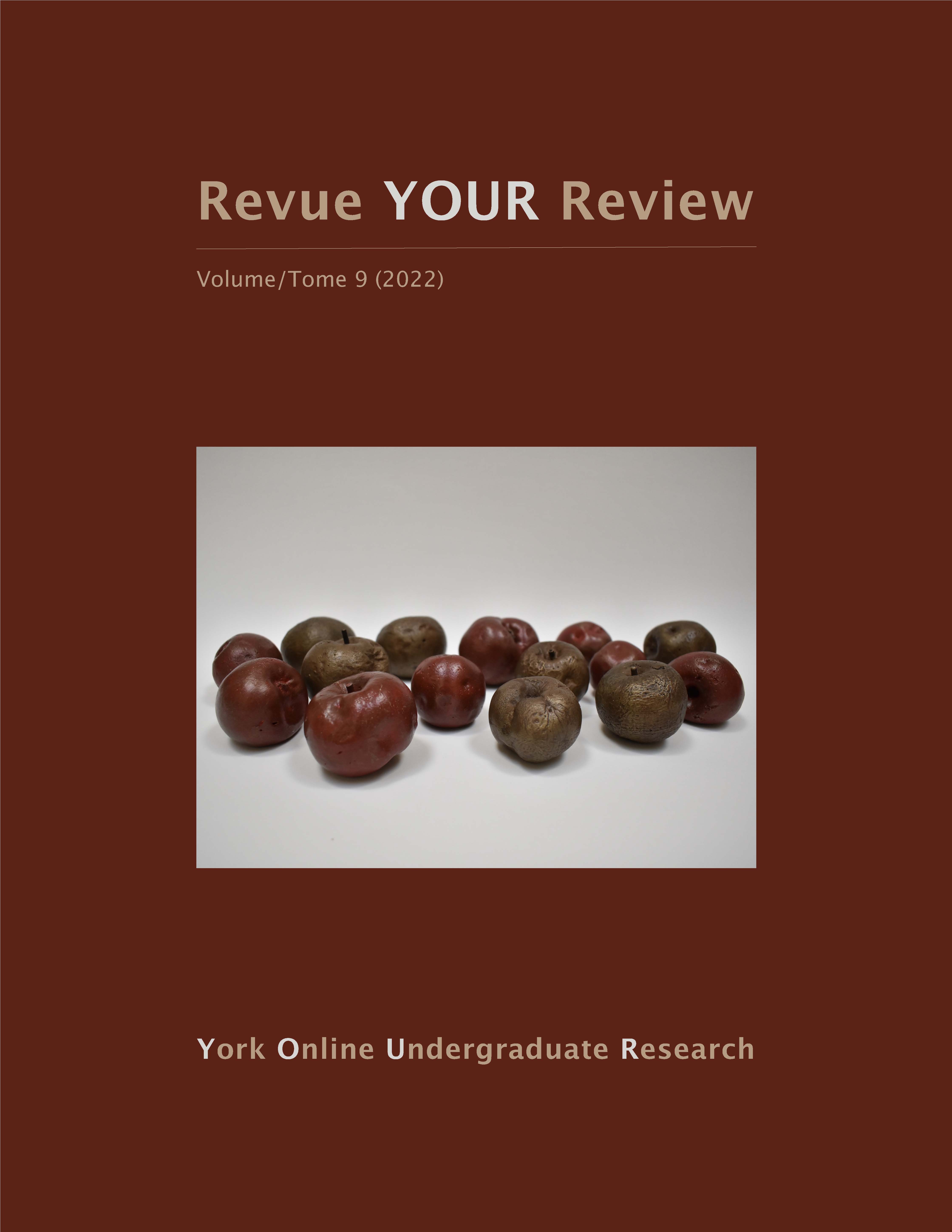Social Identity of Blindness and Its Impact on Well-Being During the Pandemic
Abstract
The present study explored the social identity of Canadians with sight loss in the context of the Covid-19 pandemic. The goal of the study was to determine if measures of sight loss can predict social identity described by three factors: group centrality, group affect, and in group ties. Bivariate correlations indicated that age of onset of the sight loss, severity of sight loss, and activity impairment due to sight loss did not predict the strength of identification with the sight loss community. However, an individual’s acceptance of their sight loss and their openness to share experiences related to sight loss significantly correlate with the strength of their identification with the Canadian sight loss community. The second goal of the study was to determine if sight loss social identity can play a role in the well-being of individuals with sight loss during the Covid-19 pandemic. Bivariate correlations showed that stronger identification with the sight loss community predicted lower levels of Covid-19 related stress for three factors of social identity.
Downloads
Published
How to Cite
Issue
Section
License

This work is licensed under a Creative Commons Attribution-NoDerivatives 4.0 International License.
Authors contributing to Revue YOUR Review agree to release their articles under one of three Creative Commons licenses: Creative Commons Attribution 4.0 International; Creative Commons Attribution-NonCommercial 4.0 International; or Creative Commons Attribution-NoDerivatives 4.0 International. All editorial content, posters, and abstracts on this site are licensed under Creative Commons Attribution-NoDerivatives 4.0 International. For further information about each license, see:
https://creativecommons.org/licenses/
In all cases, authors retain copyright of their work and grant the e-journal right of first publication. Authors are able to enter into other contractual arrangements for the non-exclusive distribution of the e-journal's published version of the article (e.g., post it to an institutional repository or publish it in a book or in another journal), with an acknowledgement of its initial publication in this e-journal.


